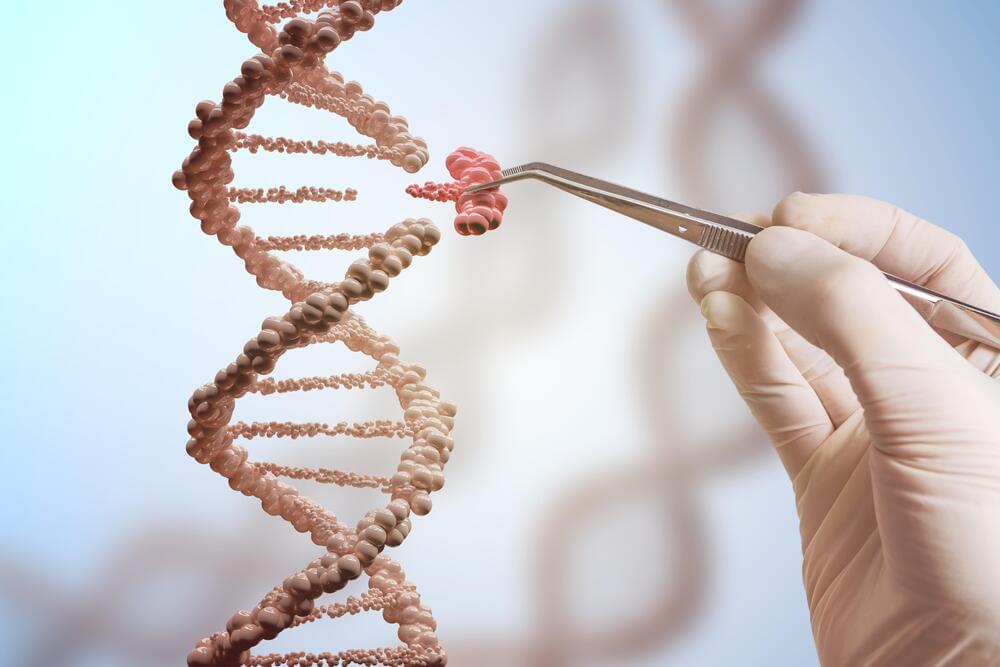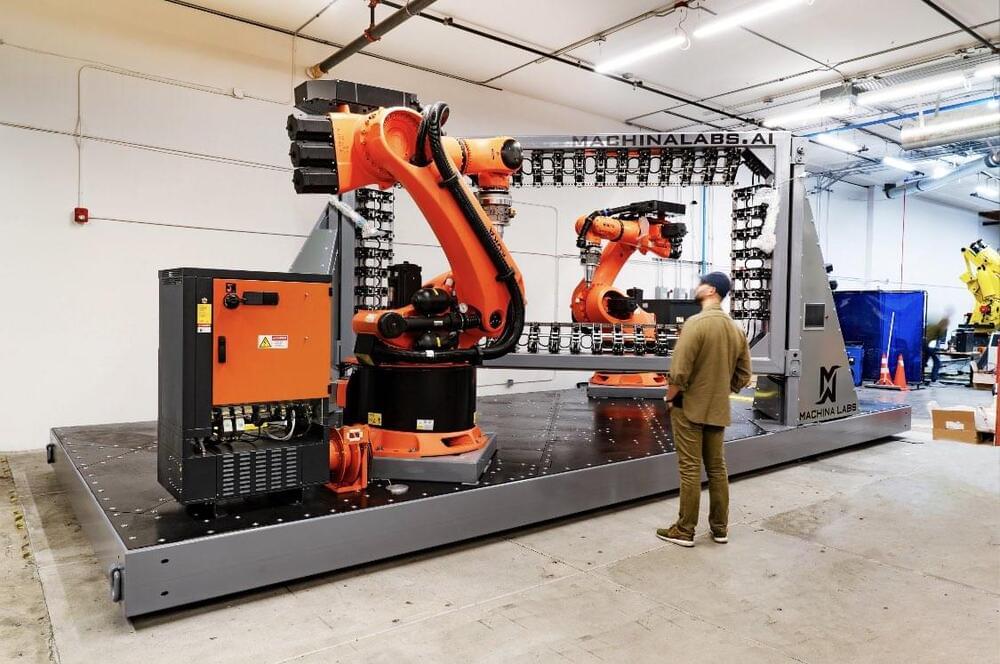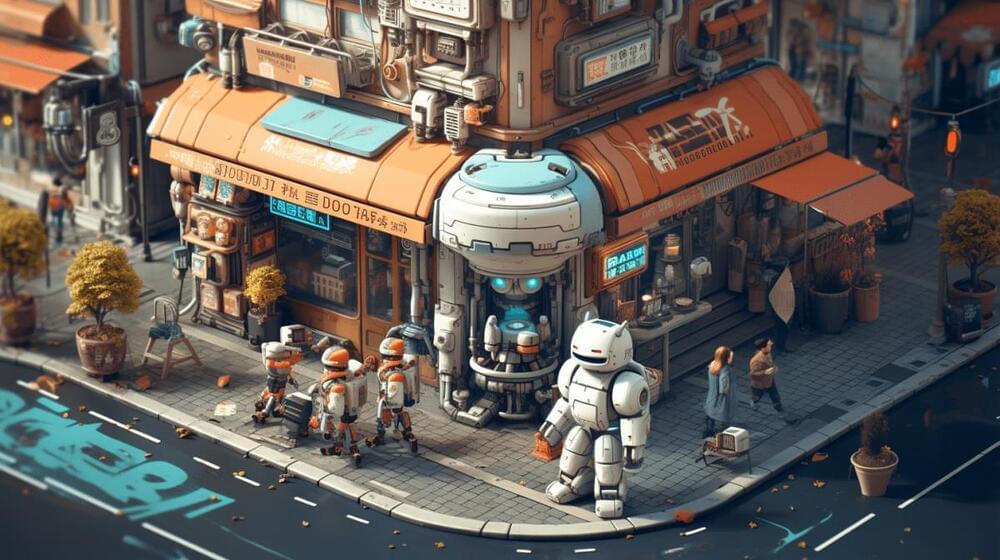Today’s blog is from guest contributors Alaric Wilson, Senior ISV Partner Development Manager, and Michael Gillett, Partner Technology Strategy Manager.
In the era of AI, every app has the potential to be intelligent. Independent Software Vendors (ISVs) are facing increasing pressure from customers to deliver innovative solutions that meet their demands with a more dynamic user experience. To stay competitive, ISVs are turning to cutting-edge technologies like generative AI to unlock new possibilities for their software development process. Azure OpenAI Service, powered by OpenAI’s advanced language models, is revolutionizing how ISVs innovate, providing them with unprecedented capabilities to create intelligent, adaptive, and highly customized applications.
In today’s blog, we’re sharing recent resources and examples, to help ISV partners learn more about the opportunities to leverage generative AI on Azure OpenAI Service and fuel customers’ innovation efforts.






